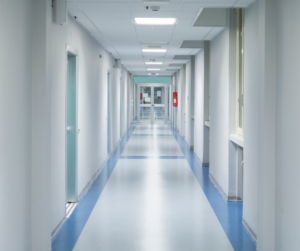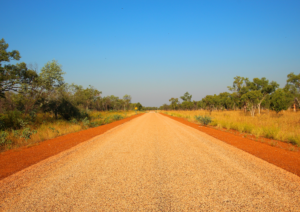Perth’s homelessness crisis continues to spiral out of control. New figures show a 35 per cent increase in the Perth CBD as numbers now top 1000 in the metropolitan area.
Shadow Housing Minister Steve Martin MLC said the worrying rise in the number of Western Australians without proper housing highlighted the McGowan Labor Government’s failure to solve the surge in homelessness.
The By-Name List, which collects and provides information to a coalition of support services, has identified 129 new homeless people in Perth in the past month, bringing the tally up to 1080.
“WA’s homeless crisis is out of control. The previous Minister wasn’t able to face up to the scale of the problem or do much about it,” Mr Martin said.
In the recent Cabinet reshuffle the Premier stripped homelessness responsibilities from Communities Minister Simone McGurk and gave the task to John Carey.
The move came after the McGowan Government’s flagship homeless hostel, Boorloo Bidee Mia, was revealed to have helped just 30 people in four months.
“The previous minister did not only design a facility that is extraordinarily difficult to access, but stubbornly refused to increase its capacity,” Mr Martin said.
“Someone in the government has woken up and realised that what they were doing wasn’t working and have instead given the responsibility to another minister.
“I would have thought Housing Minister Carey would be busy enough dealing with Labor’s social housing crisis – the government has sold off over 1000 homes and has created a housing waitlist now at a five-year high.
“Minister Carey’s first order of business should be to increase the number of people staying at Boorloo Bidee Mia. The referral process needs to be streamlined and the vacant beds put to use.
“I hope with the creation of the homelessness portfolio we can see a more targeted focus on the issue.”
New data released in December showed 514 people were sleeping rough in Perth and Fremantle and a further 566 were in temporary arrangements — such as couch surfing or sleeping in overcrowded accommodation.
Since September, the database has recorded a 35 per cent rise in rough sleepers in the city.


